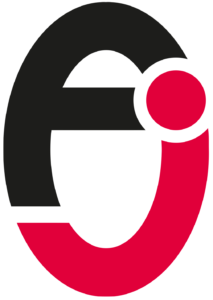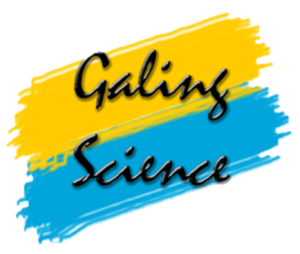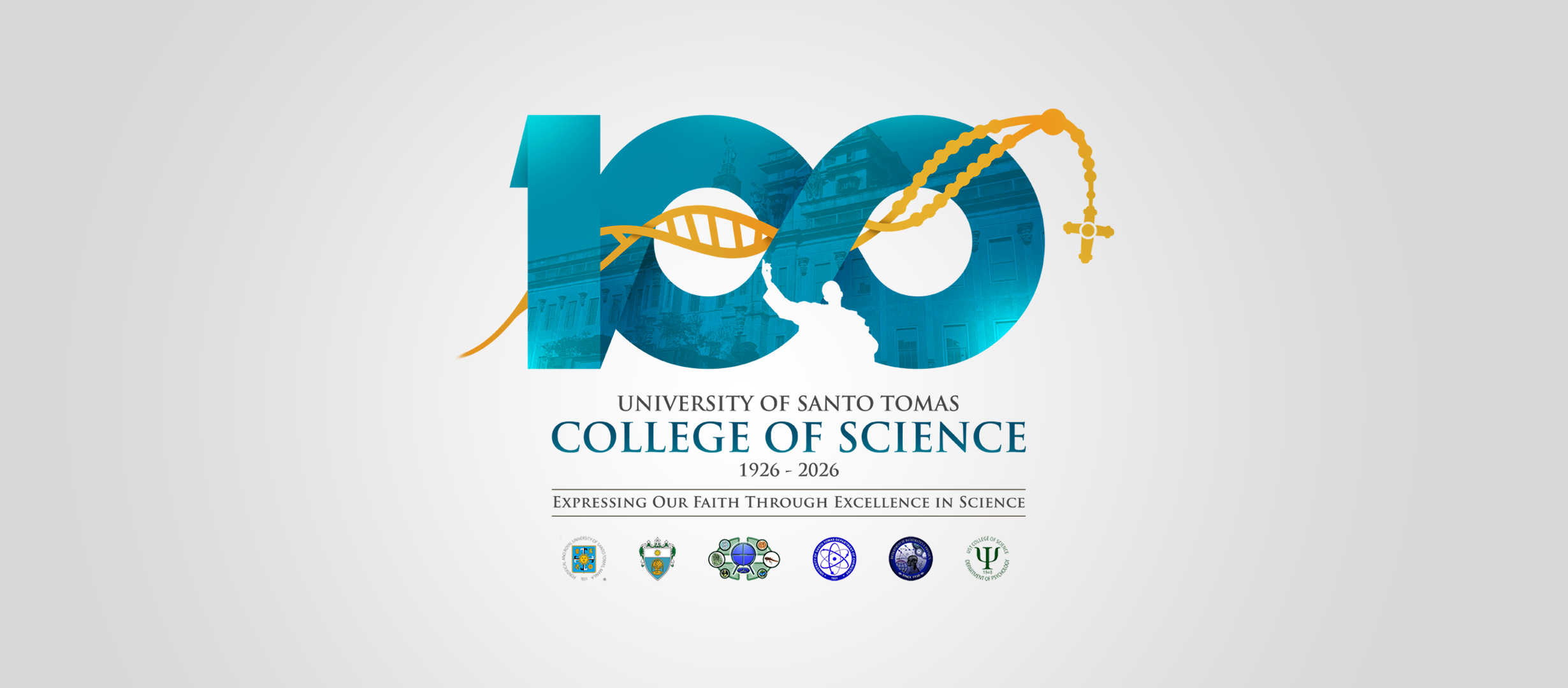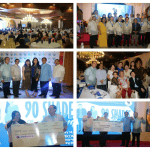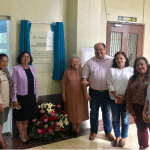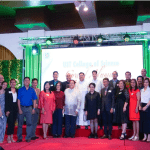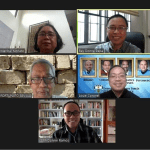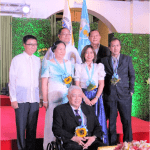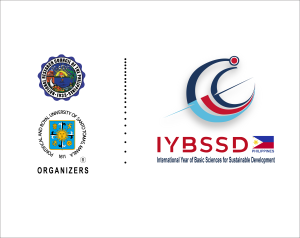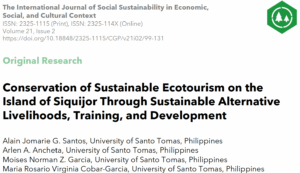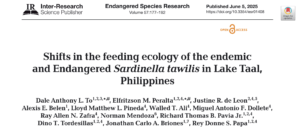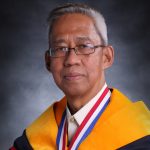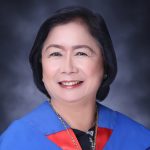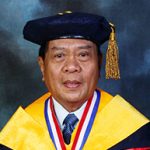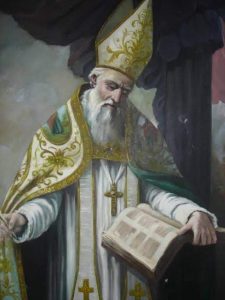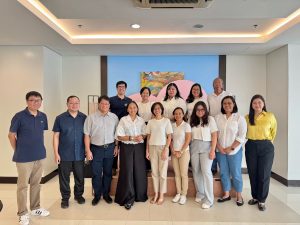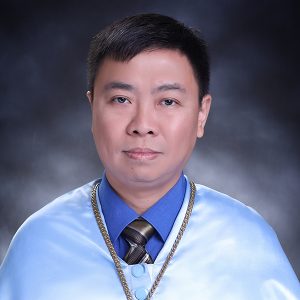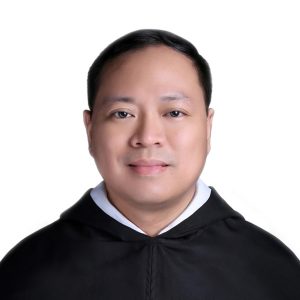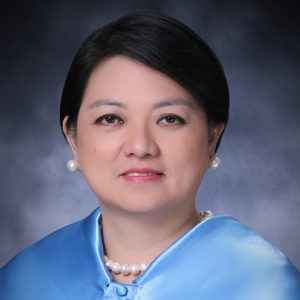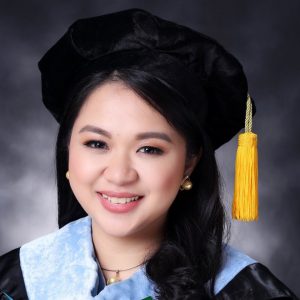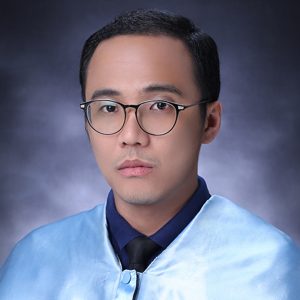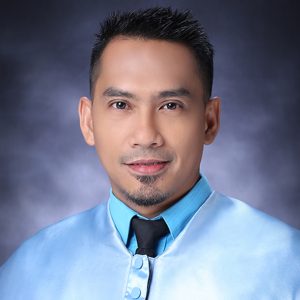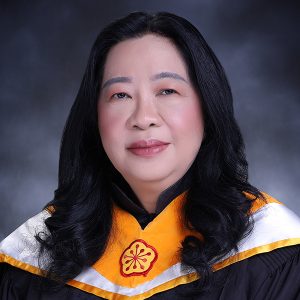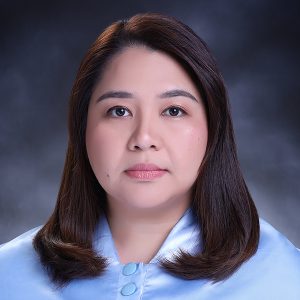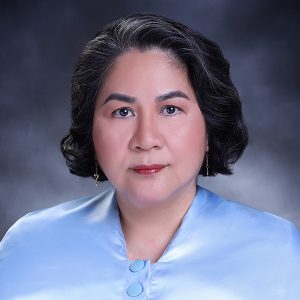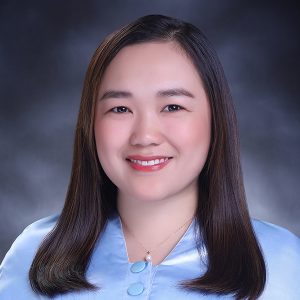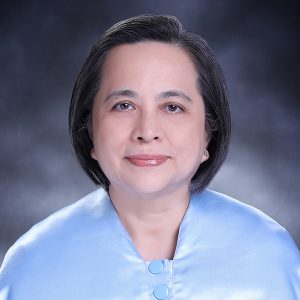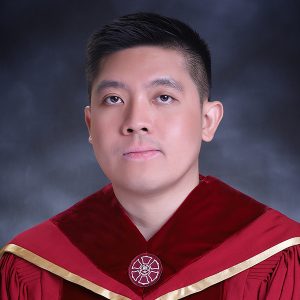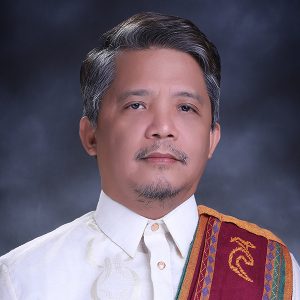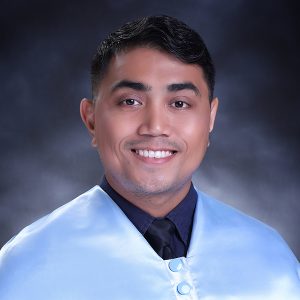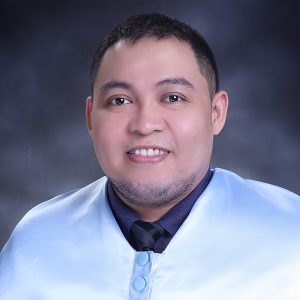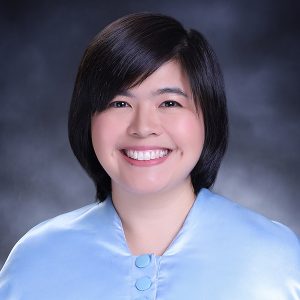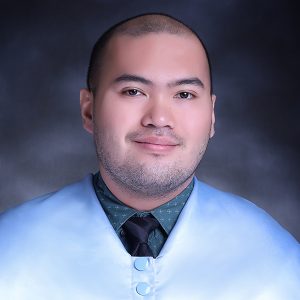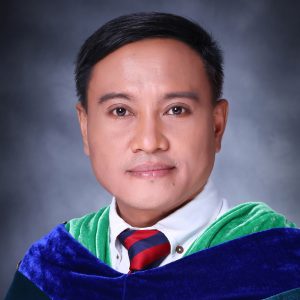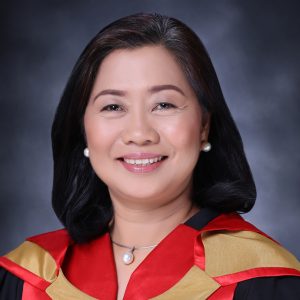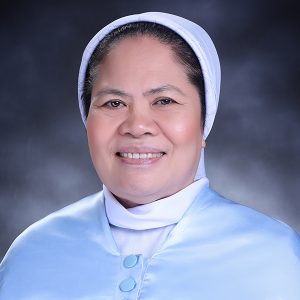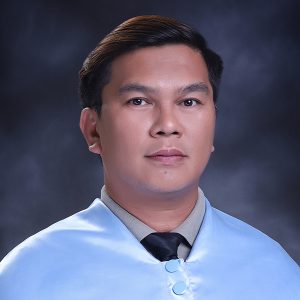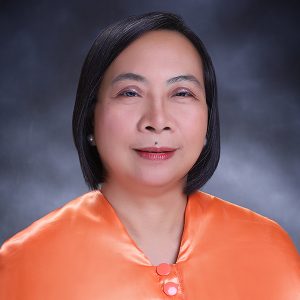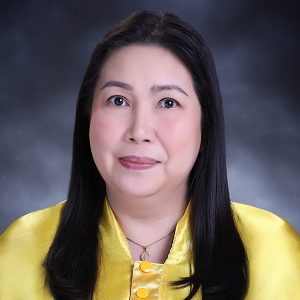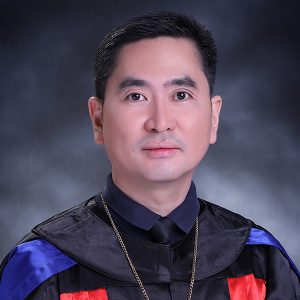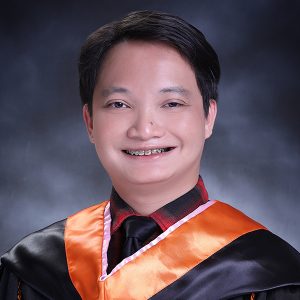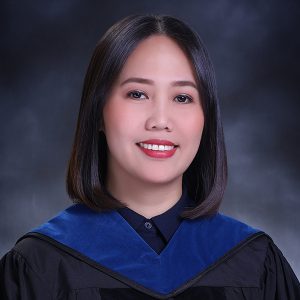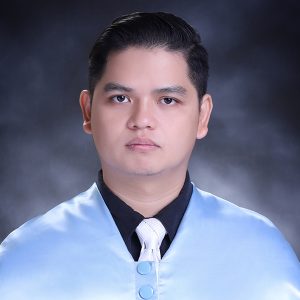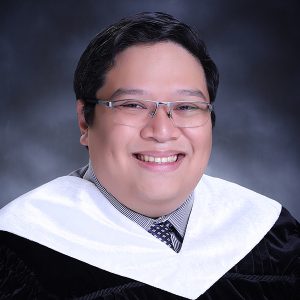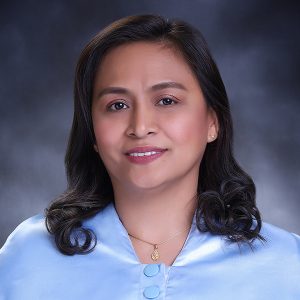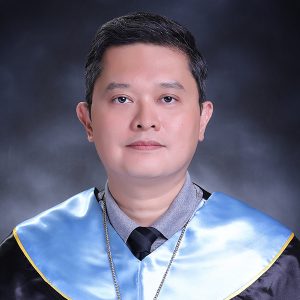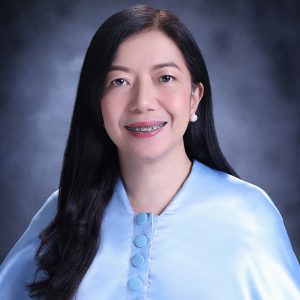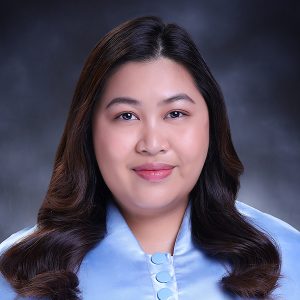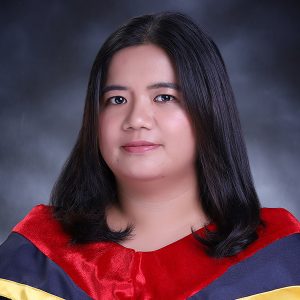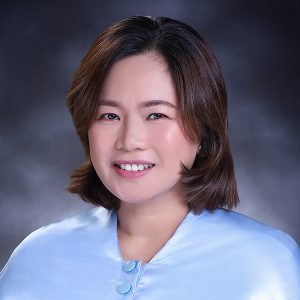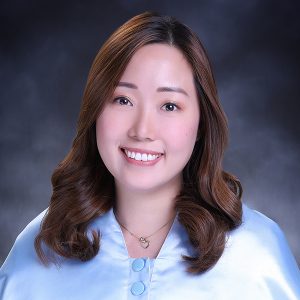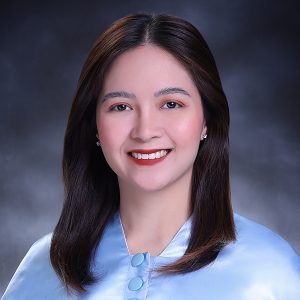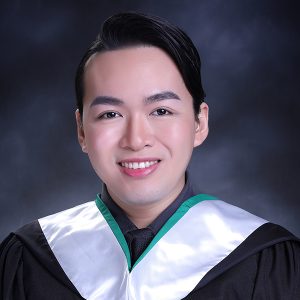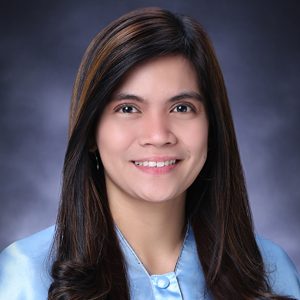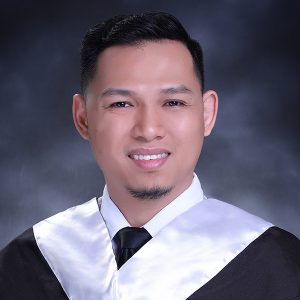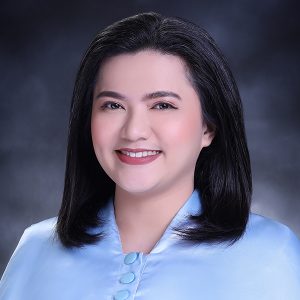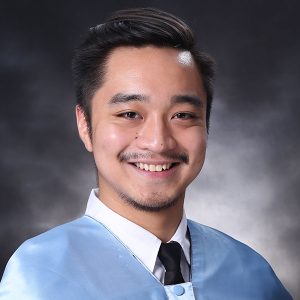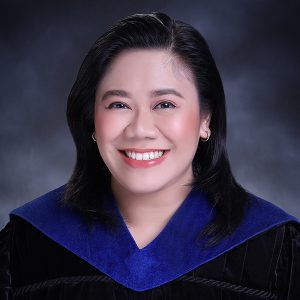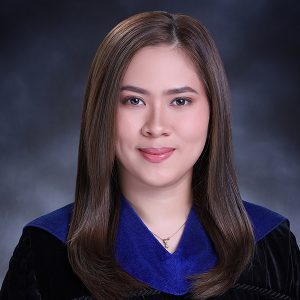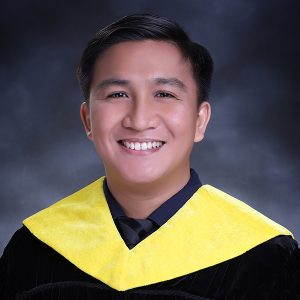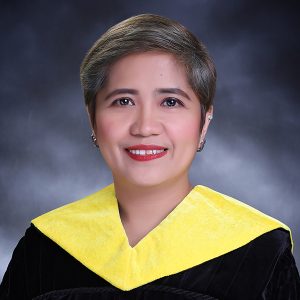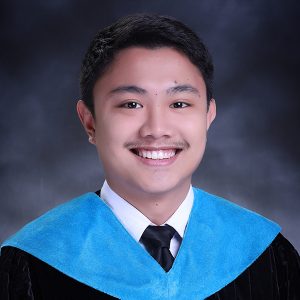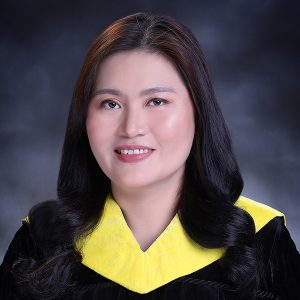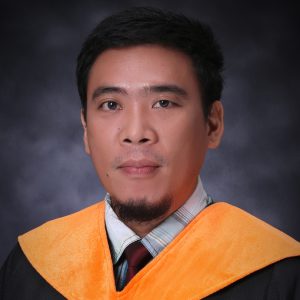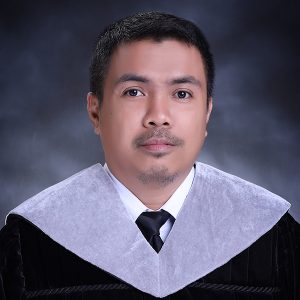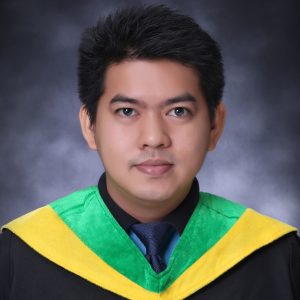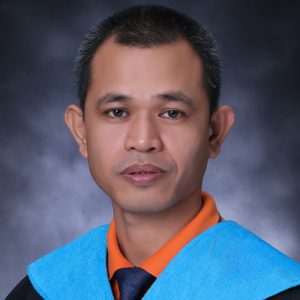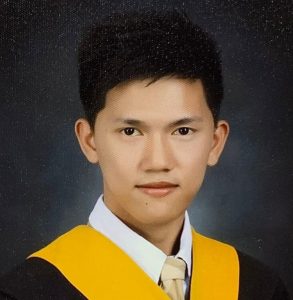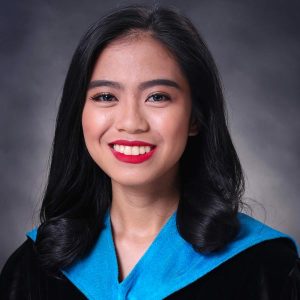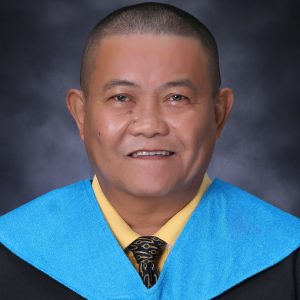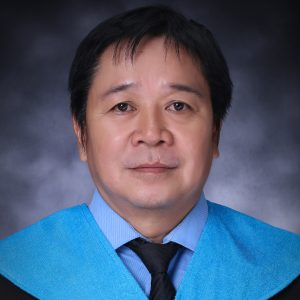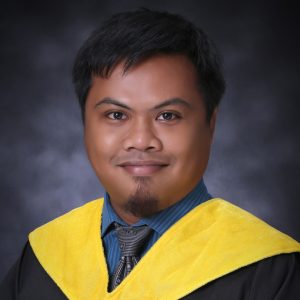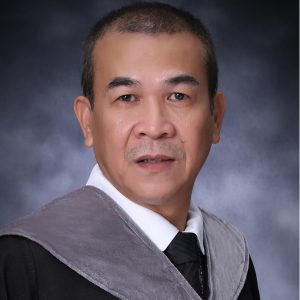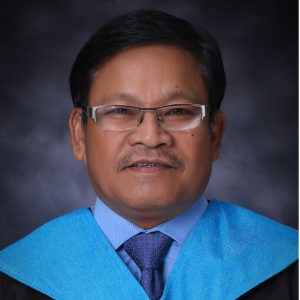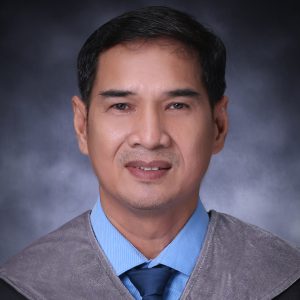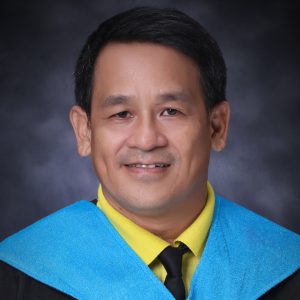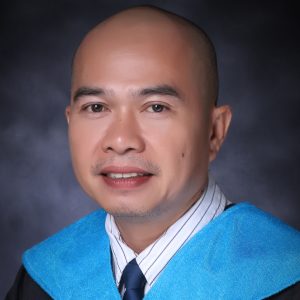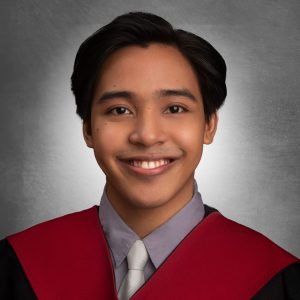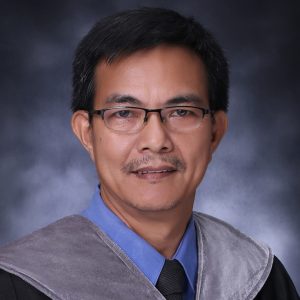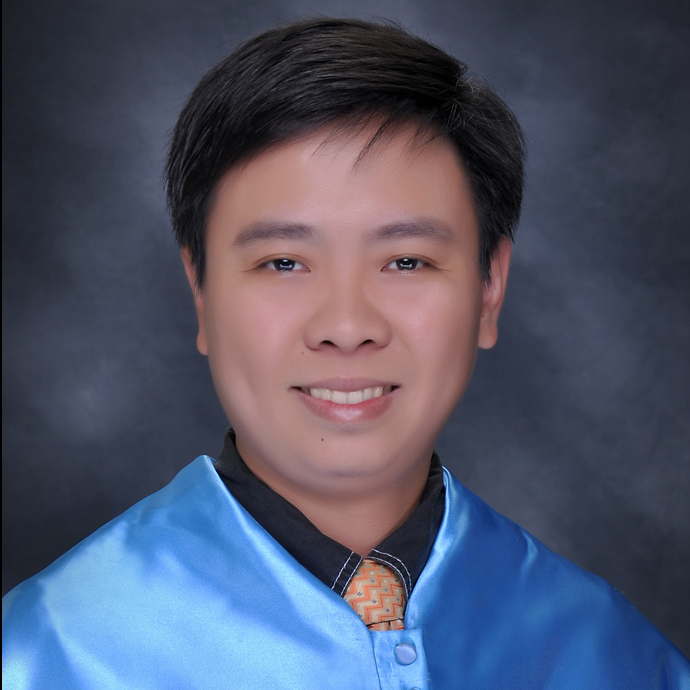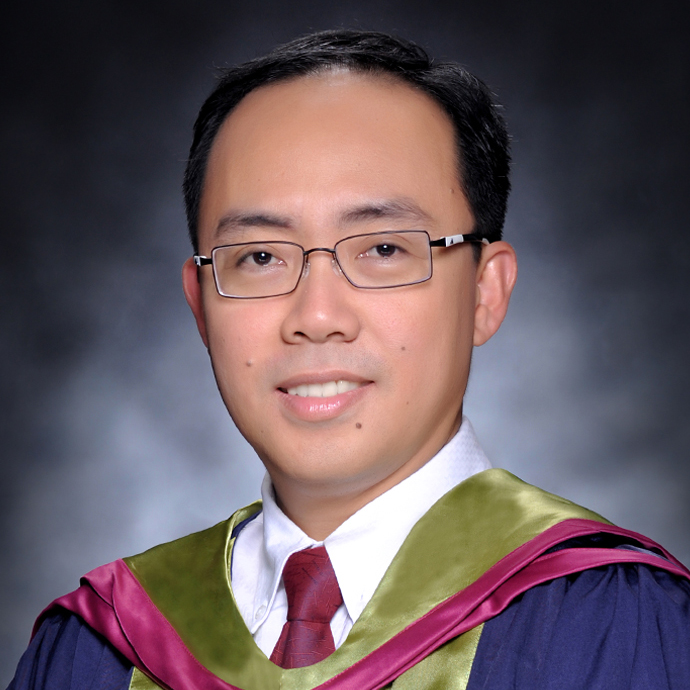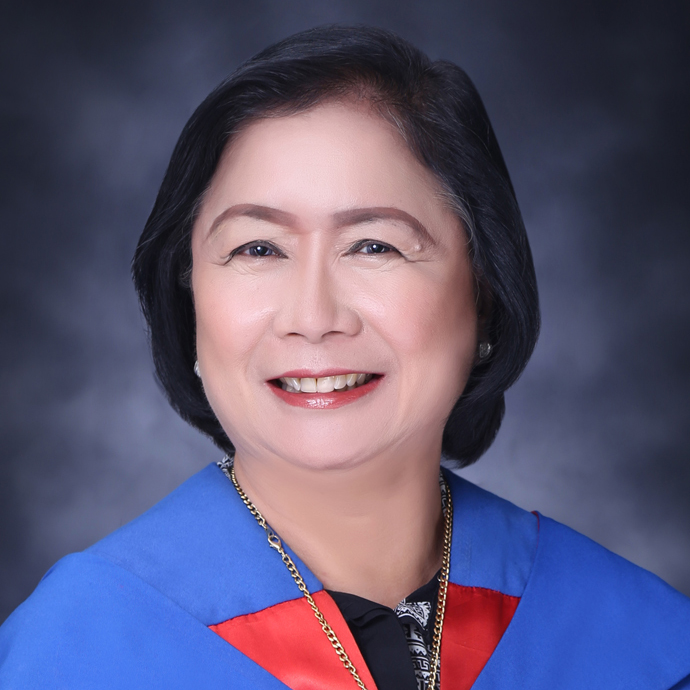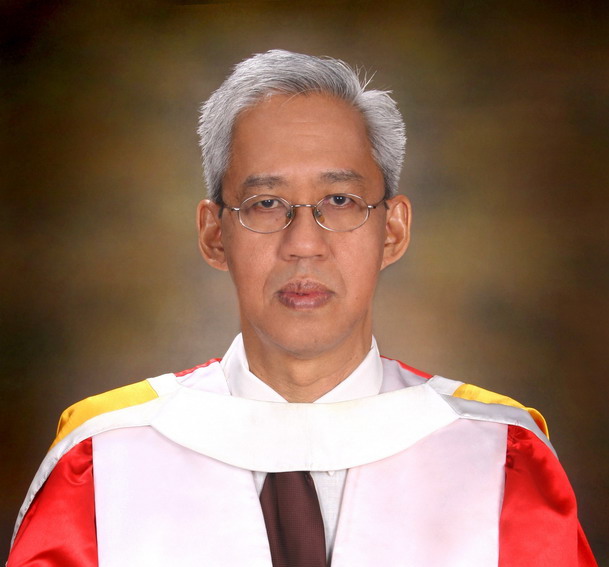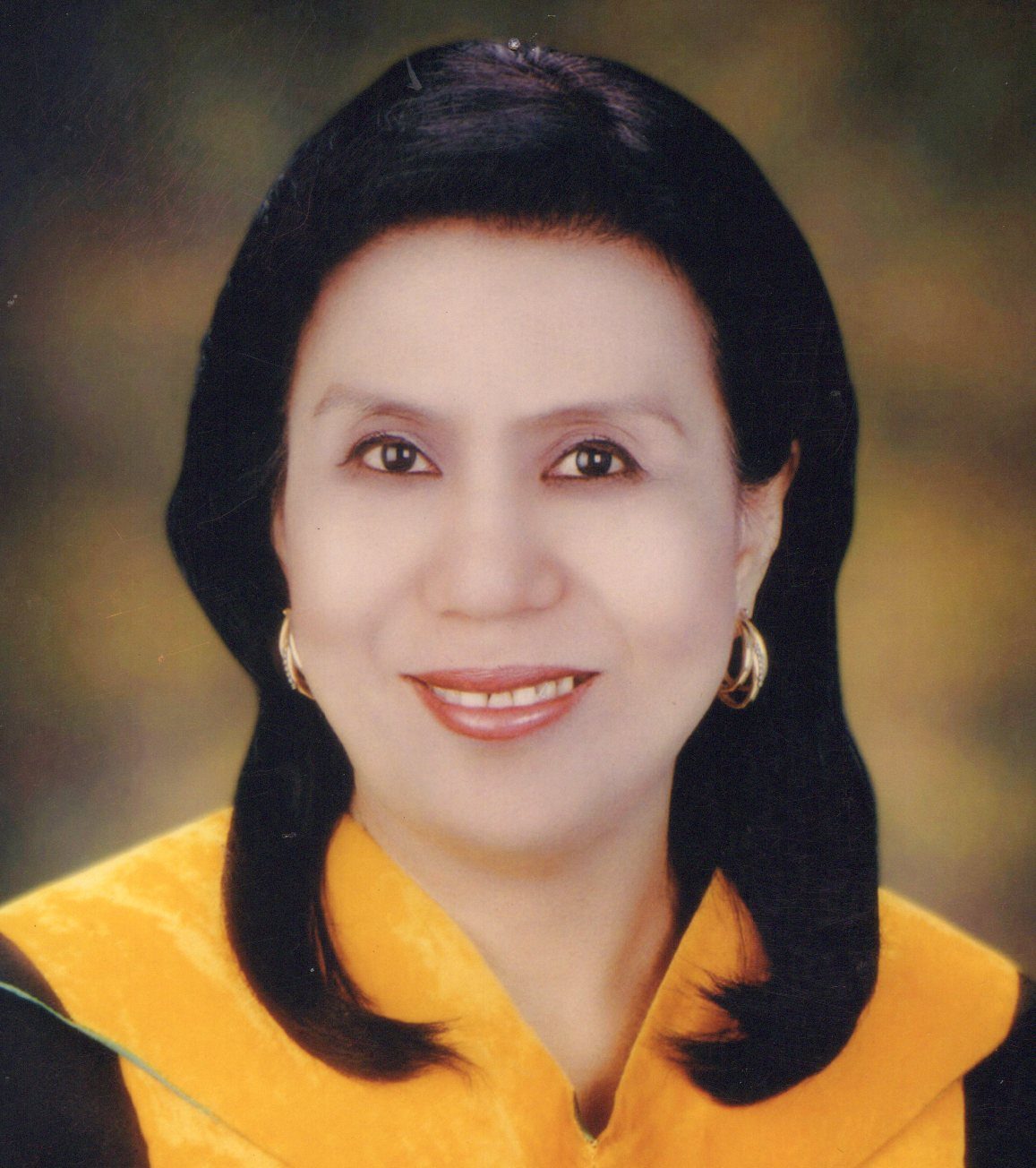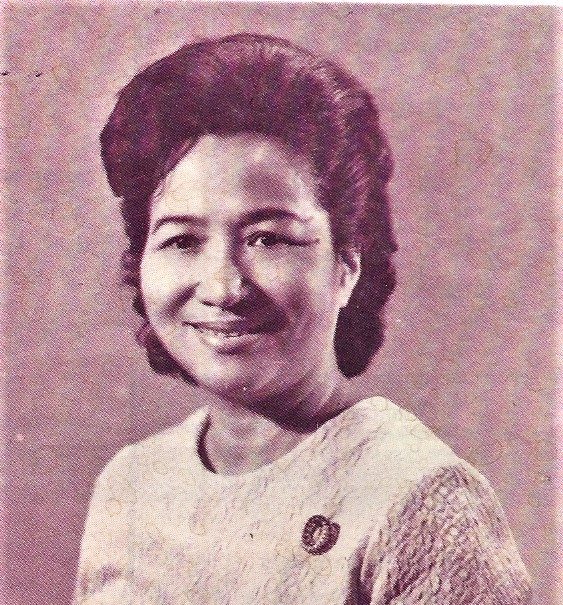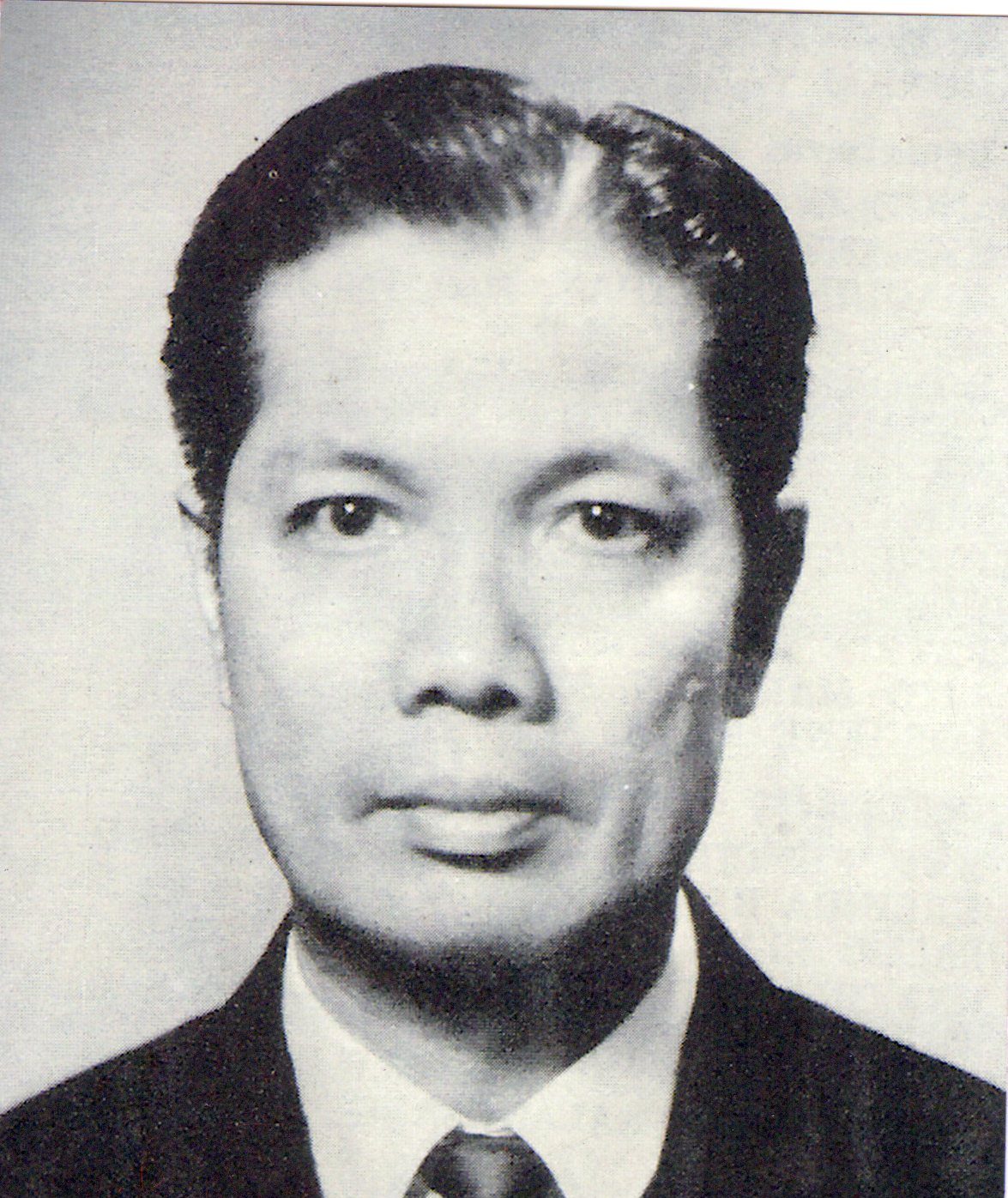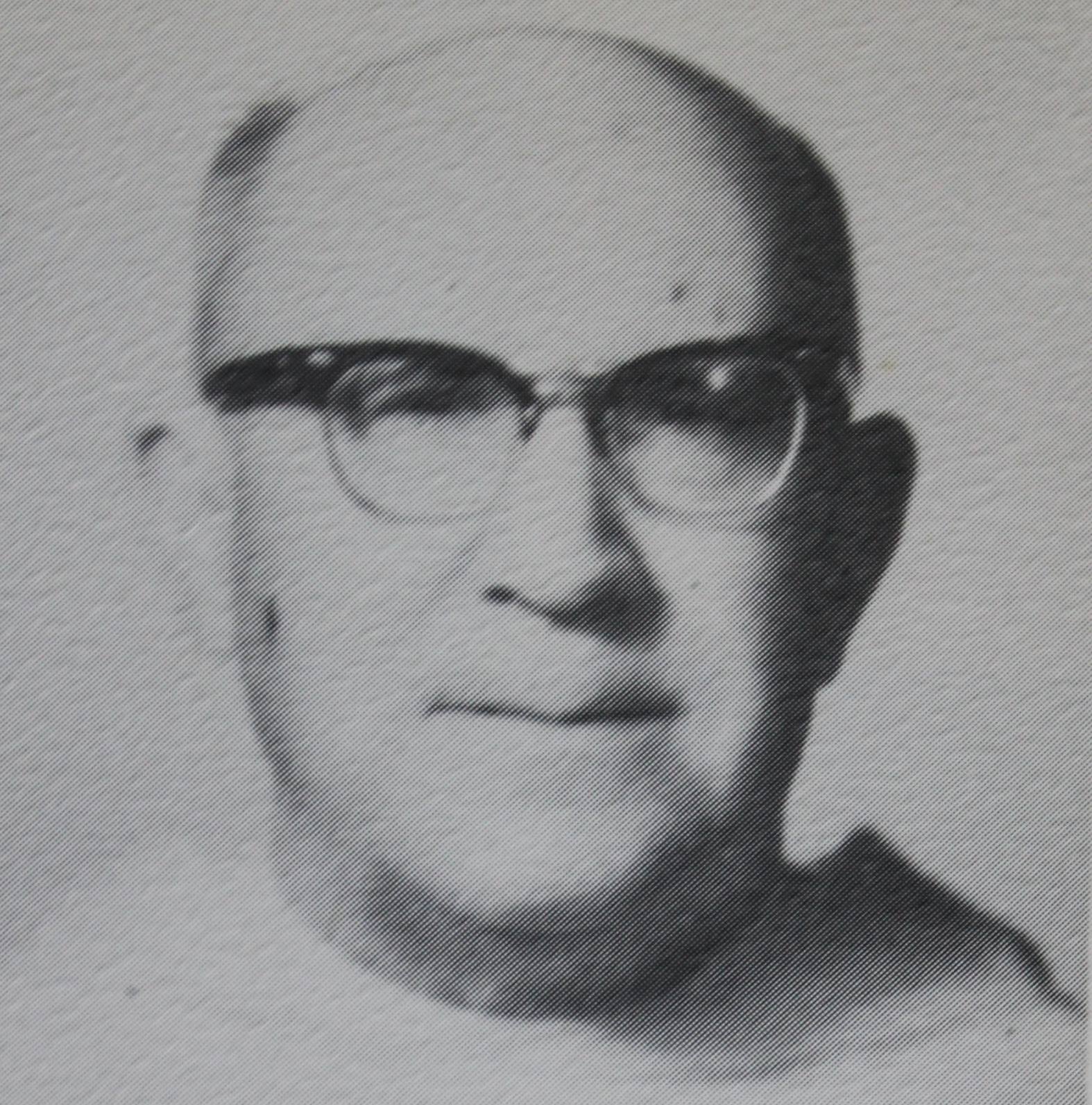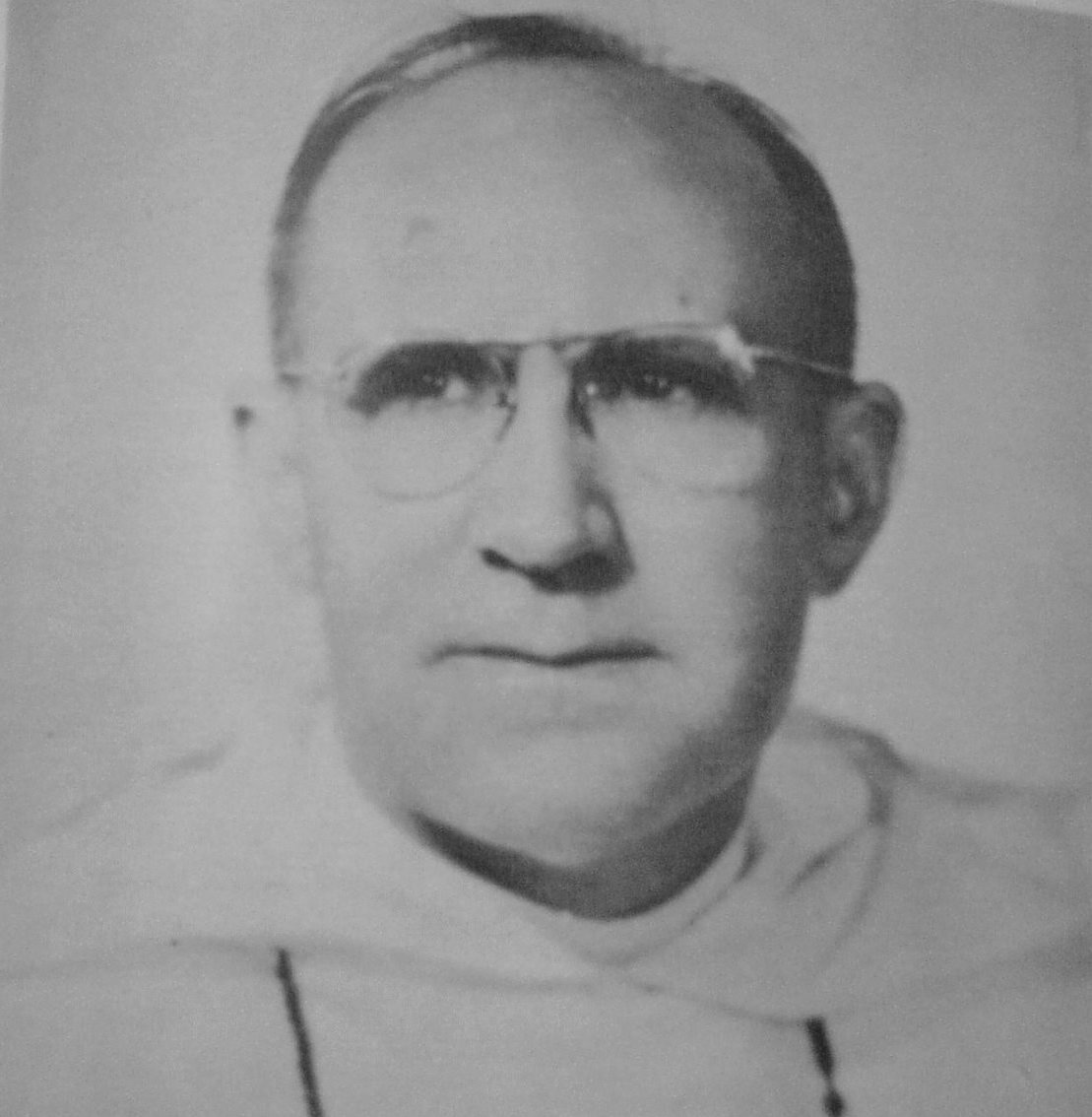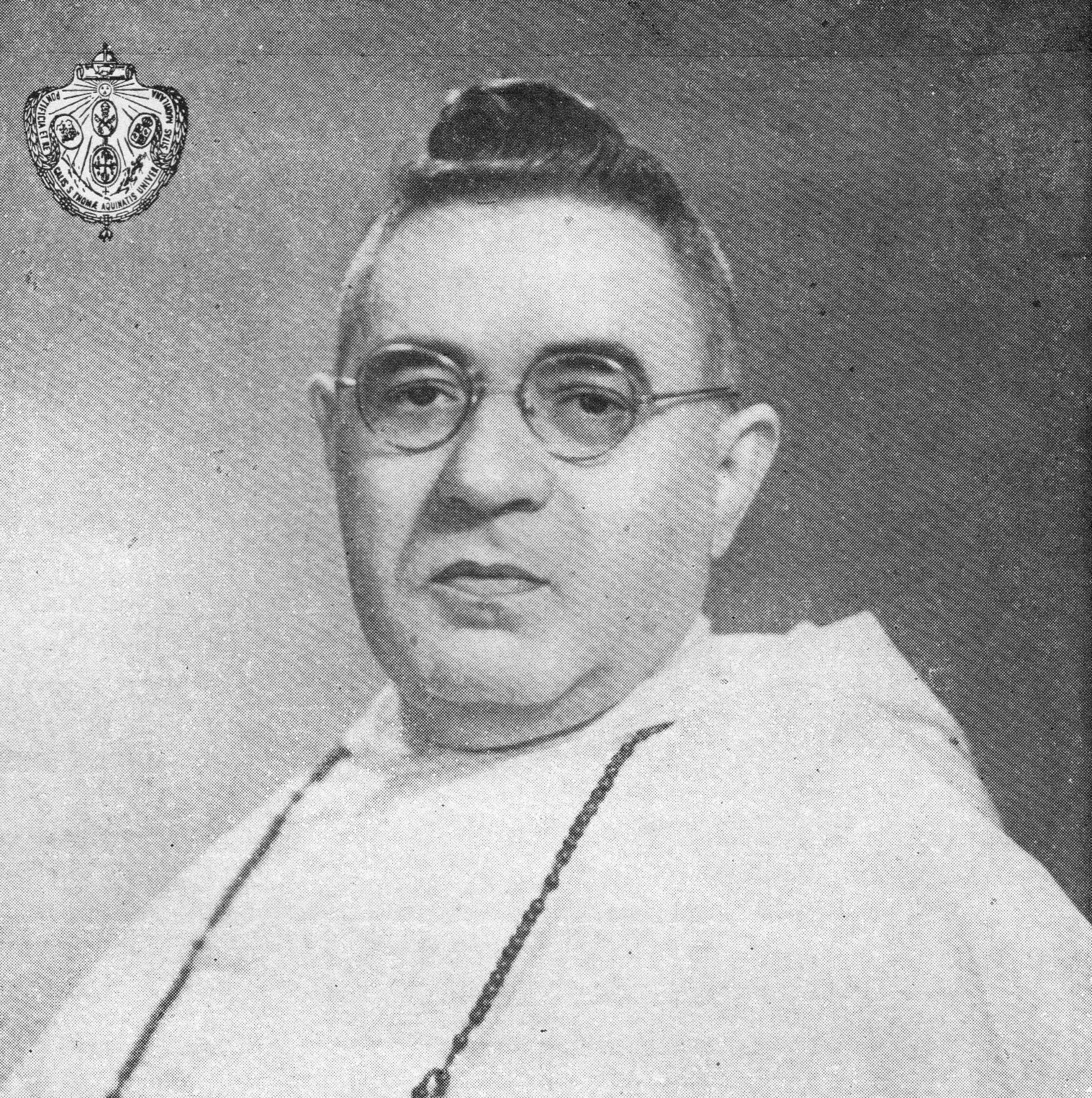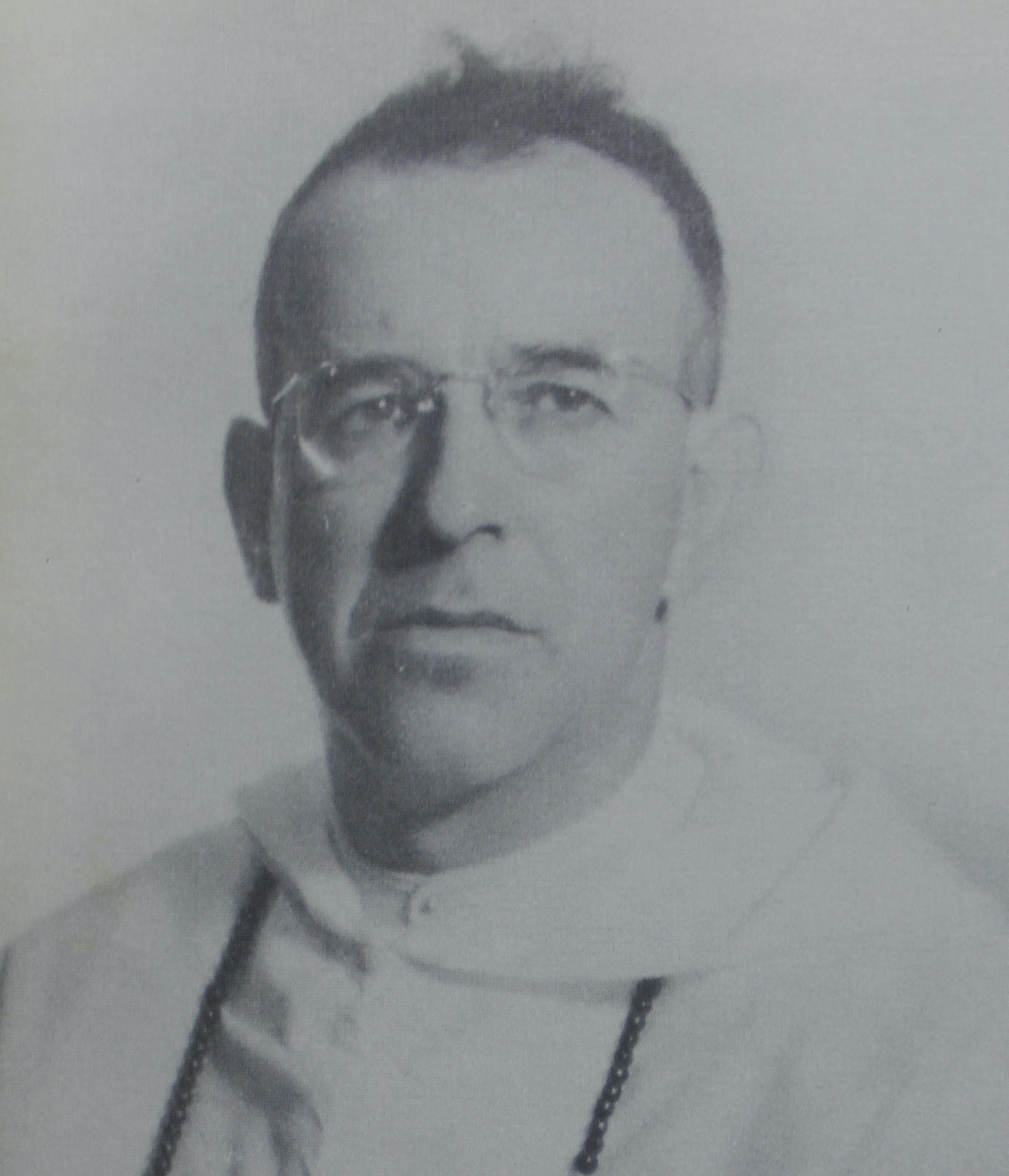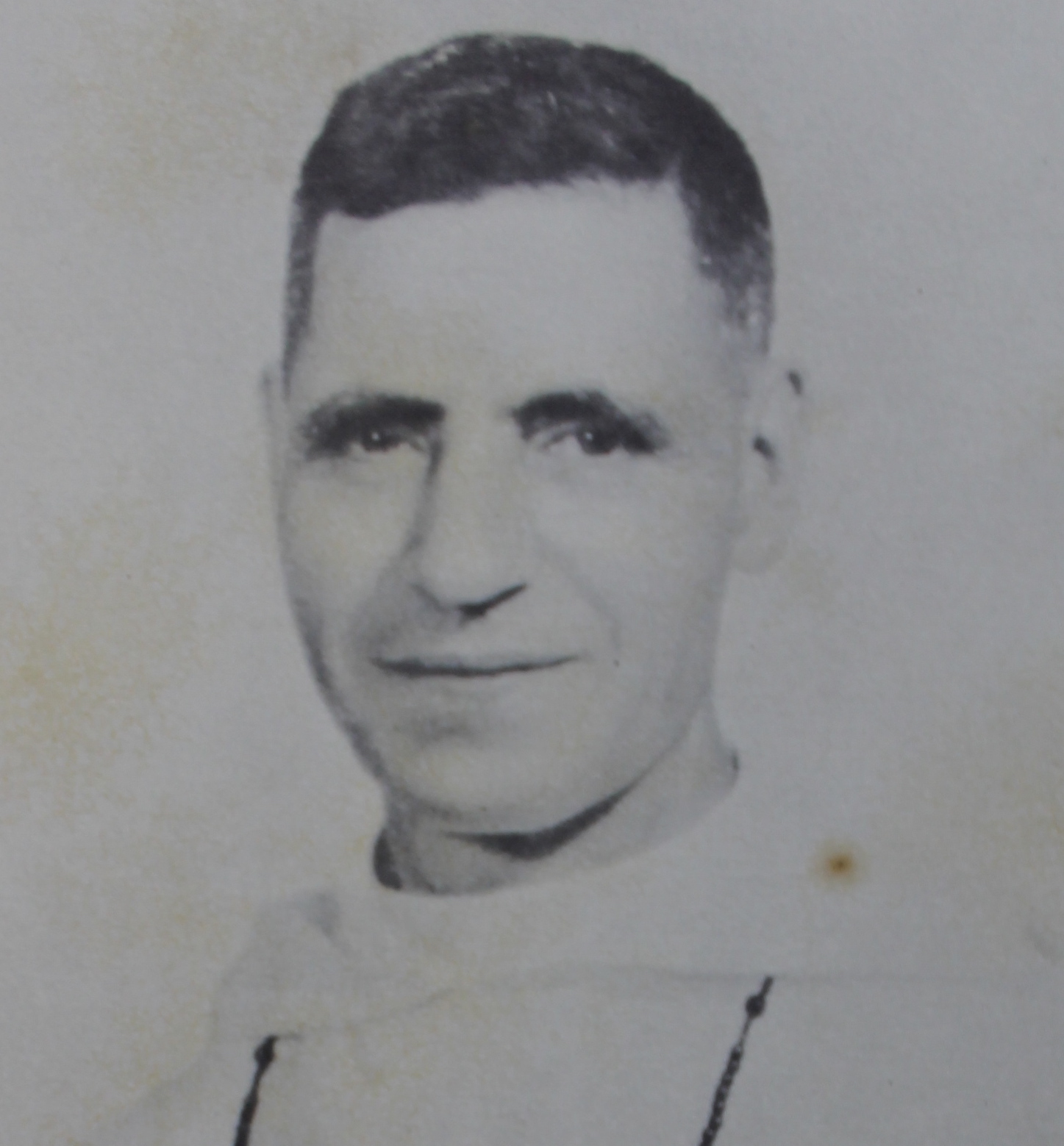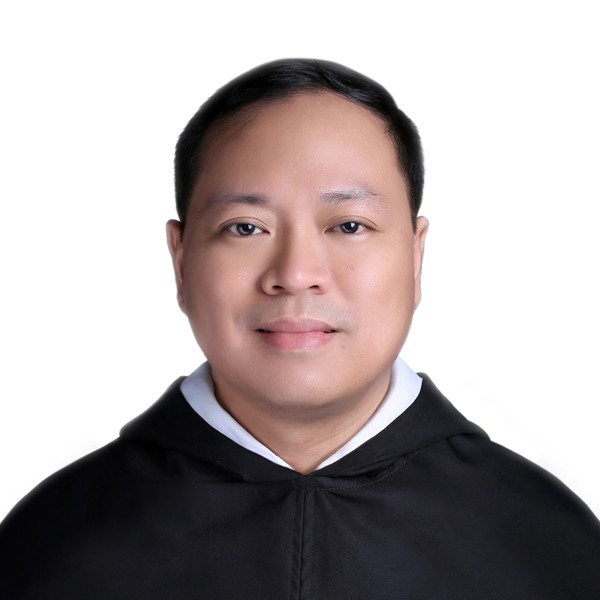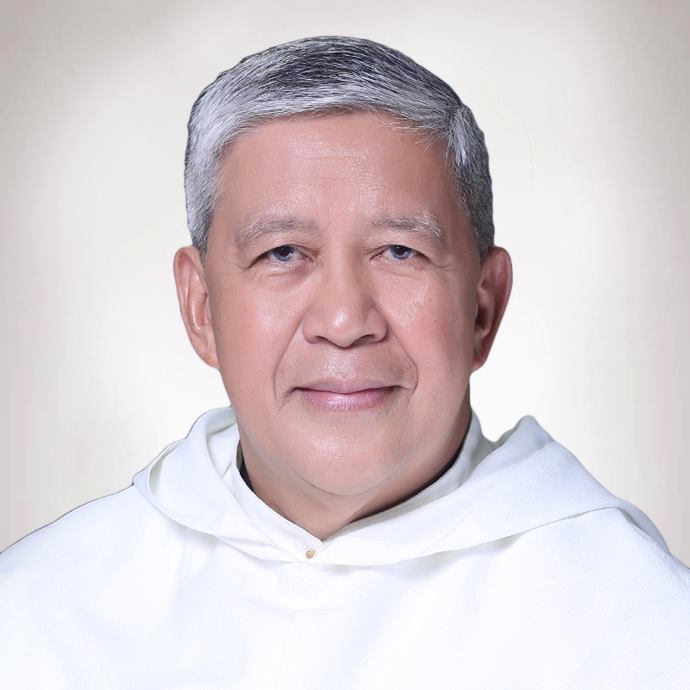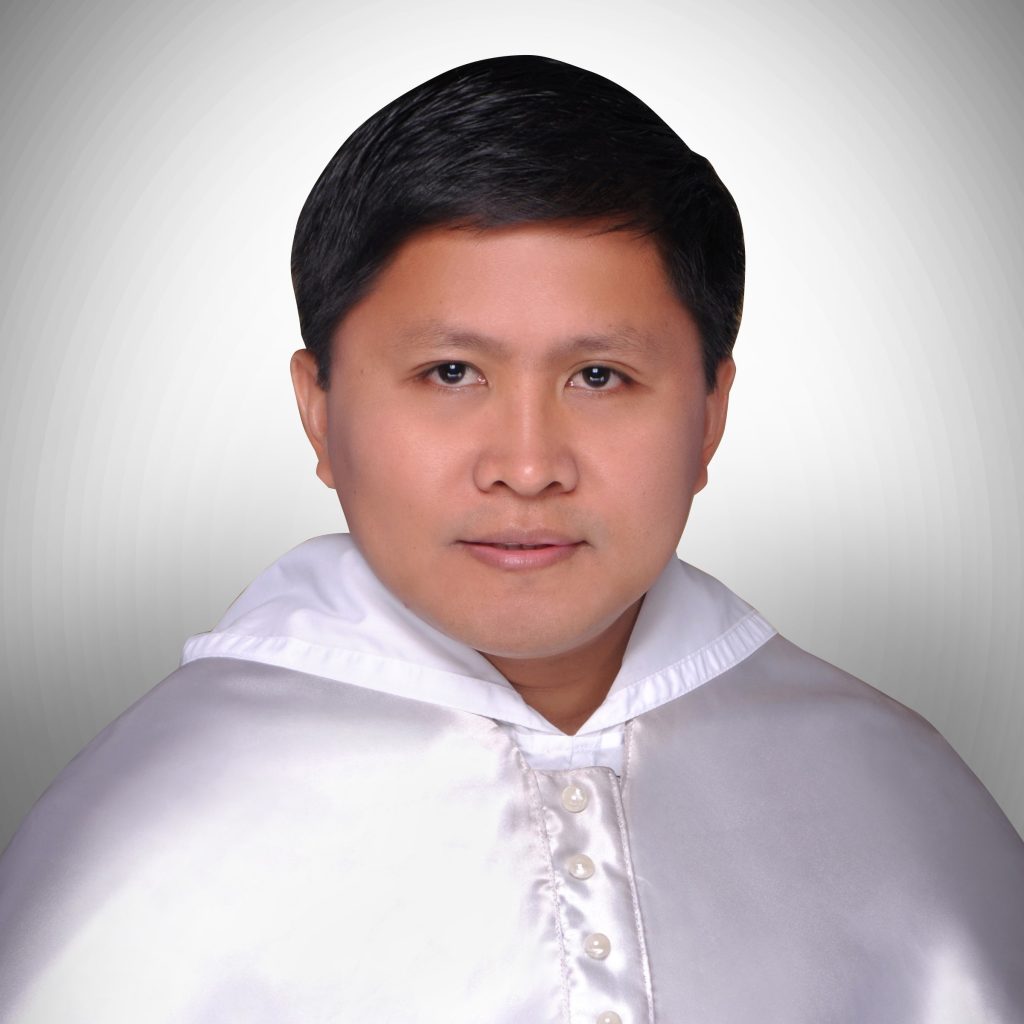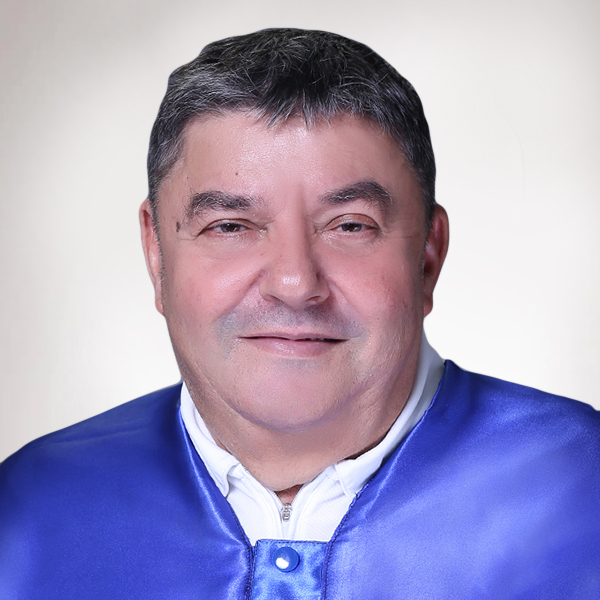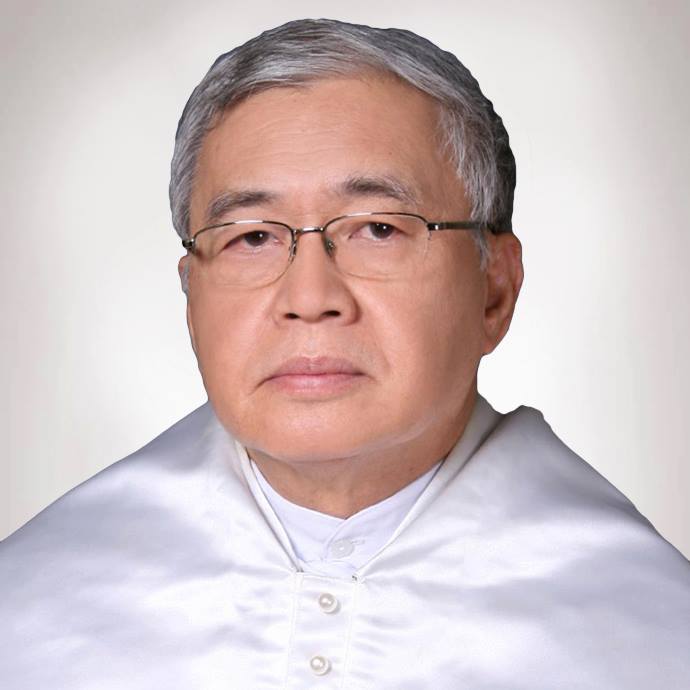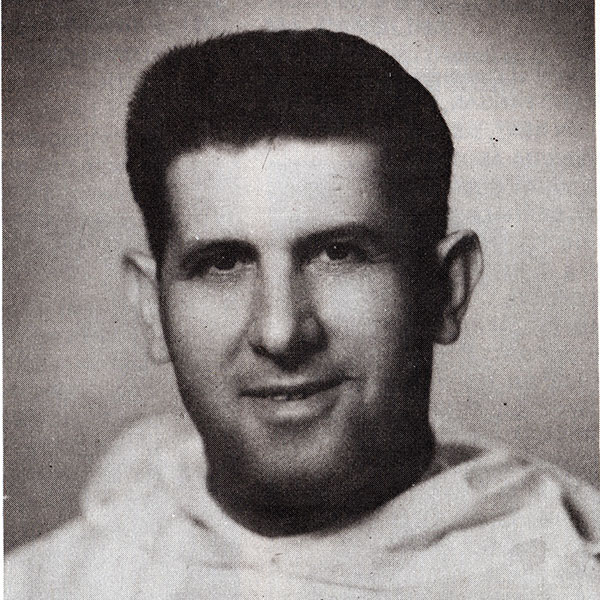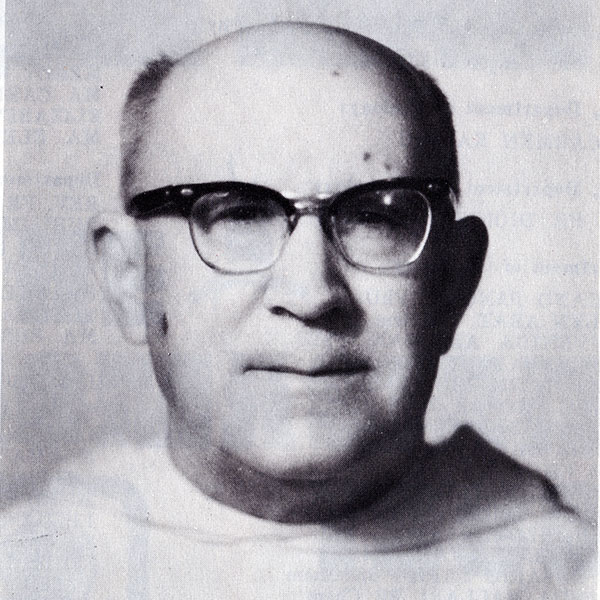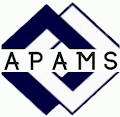Science Centennial “Expressing our Faith through Excellence in Science”
The College of Science of the University of Santo Tomas is in a unique position compared to its fellow higher education academic units devoted to the sciences, as it is the only one housed in the lone Pontifical University in Asia, whose mission embraces a commitment to serve the Church, the nation and the global community. As such, the college has dedicated itself “to the integral formation of ethical, morally upright, competent and compassionate scientists who are committed to the pursuit of truth, and whose service to God and community is manifested in its responsiveness to national and global concerns” (UST College of Science Mission).
Hence, the theme of its centennial celebrations highlights the vital link between Faith and Science in the mission, academic programs, and advocacies of the UST College of Science. For many years, the UST College of Science has instilled the “Gáling Science, Galíng Science” (Excellence in Science) mantra among its academic staff, students, and alumni. It is but fitting that as we celebrate the centenary of the college, we anchor this push to strive for excellence in science to be founded in the basic tenets of the Catholic and Christian identity of the University of Santo Tomas.
The College of Science has laid out a ten-year plan to prepare for its centenary, which aims to 1) acknowledge our heritage, 2) celebrate excellence, and 3) establish an enduring legacy. The celebrations began last A.Y. 2016-2017 with the launch of “The Outstanding Alumni of Science Tribute” Awards or TOAST Awards 2017, which aimed to recognize ten Science alumni annually until the centennial celebrations of 2026. The year 2017 saw the relaunching of Agham, a fund-raising project that was first initiated during the deanship of Prof. Carmen Kanapi, Ph.D., and relaunched through the efforts of Prof. John Donnie Ramos, Ph.D. Project Agham, as it is now called, aims to advance the academic and research capability of the College of Science through infrastructure development, student scholarships, professorial chairs, and faculty and student internationalization activities. One of its more visible achievements was constructing the Science Online Learning Environment (SOLE) Room, which was named in honor of Engr. Recaredo A. Dela Rosa and Prof. Lourdes C. Dela Rosa. Through its Pande-Scholars initiative, it has likewise supported students with financial difficulties during the COVID-19 pandemic.
By A.Y. 2020-2021, incumbent dean Prof. Rey Donne S. Papa, Ph.D., formed the CS Centennial Committee, whose primary function was to conceptualize and help organize programs and activities that will form part of the 5-year countdown to the centennial celebrations. The committee included Rev. Fr. Louie R. Coronel, OP, EHL (Regent), former deans Prof. Emeritus Fortunato B. Sevilla III, Ph.D., Prof. Maribel G. Nonato, Ph.D., Prof. John Donnie A. Ramos, Ph.D., and former college secretaries Prof. Carlos P. Garcia, Ph.D. and Prof. Cecilia B. Moran, Dr.rer.nat.
The following activities have so far been conducted as part of the ten-year countdown:
- CS Grand Alumni Homecoming (March 2, 2019)
- TOAST Awards 2019 (March 2, 2019)
- TOAST Awards 2020 (July 19, 2020)
- Inaugural Albertus Magnus Faith and Science Lecture by Prof. Jonathan Lunine, Ph.D. of Cornell University (March 8, 2021)
- CS Centennial Logo and Theme making contest
- 2nd Albertus Magnus Faith and Science Lecture (Round-table discussion on the theme “Solidarity, Equity and the Global Challenge for Universal Access to Vaccination” featuring Rev. Fr. Nicanor Austriaco, OP and Dr. Anthony Leachon, and representatives of major religious denominations and Church leaders) (October 8, 2021)
- Conferment of a posthumous Doctor of Science degree to Mr. Ricardo S. Po Sr., Founder and Chairman Emeritus of Century Pacific Foods, Inc. (March 19, 2022)
- TOAST Awards for 2021, 2022, and 2023 (April 1, 2023)
- Unveiling of the CS Centennial Commemorative Marker (March 27, 2023)
- Launch of the Philippine celebrations of the International Year of Basic Science for Sustainable Development 2022 (IYBSSD) in collaboration with the National Research Council of the Philippines (October 7, 2022)
- Closing Ceremonies of the Philippine celebrations of the International Year of Basic Science for Sustainable Development 2022 (IYBSSD) in collaboration with the National Research Council of the Philippines (December 14, 2023)
- Distinguished Alumni Lectures
- Pedro Jose, MD, PhD (February 25, 2022)
- Gerardo Janairo, PhD (June 10, 2022)
- Ma. Minerva Patawaran-Calimag, MD, PhD (June 2, 2023)
- Meden Isaac-Lam, PhD (August 11, 2023)
- Edgar Lerma, MD (May 4, 2024)
- Maria Lourdes D. Maglinao, MD MHPEd (May 29, 2024)
- Conferment of the title Professor Emeritus to Academician Maribel G. Nonato, Ph.D. (October 13, 2023)
- 14th Asian Congress on Chemical Sensors (ACCS) (November 20-23, 2023)
- “Expression of Faith through Excellence in Science and Art” March 18-23, 2024
- Environmental Psychology International Conference (March 23, 2024)
- TOAST Awards 2024 (March 23, 2024)
- 3rd Albertus Magnus Faith and Science Lecture (Dr. Anthony Medrano and Dr. Rey Donne S. Papa) (April 19, 2024)
- Groundbreaking Ceremony of the UST Dr. Ricardo S. Po Sr. Integrated Innovation and Research Laboratories (UST-PIIRL) (April 25, 2024)
- 25th Annual Scientific Meeting of the Mycological Society of the Philippines (MSP) (June 20-22, 2024)
- 26th Samahang Pisika ng Visayas at Mindanao (SPVM) National Physics Conference (October 17-19, 2024)
- 1st Science Caravan (Montalban Heights National High School) (November 28-29, 2024)
- 1st Honorary Professor Lecture Series with Prof. Geoffrey Cordell (December 4, 2024)
- Enthronement of the image of St. Albert the Great donated by the Dungca family in the Dapitan wing corridor of the 3rd floor, Main Building and display of winning entries during the 2024 “Expression of Faith through Excellence in Science and Art” painting exhibit (December 20, 2024)
- 4th Albertus Magnus Faith and Science Lecture (Ms. Kiana De Castro San Juan, MA & Assoc. Prof. Angelina M. Julom, Ph.D.) (January 24, 2025)
Upcoming activities include:
- Science History Exhibit (March 3-31, 2025)
- TOAST Awards 2025 (March 29, 2025)
- International Symposium on Molecular Sciences (April 24, 2024)
- 2nd Science Caravan (Northern Luzon leg)





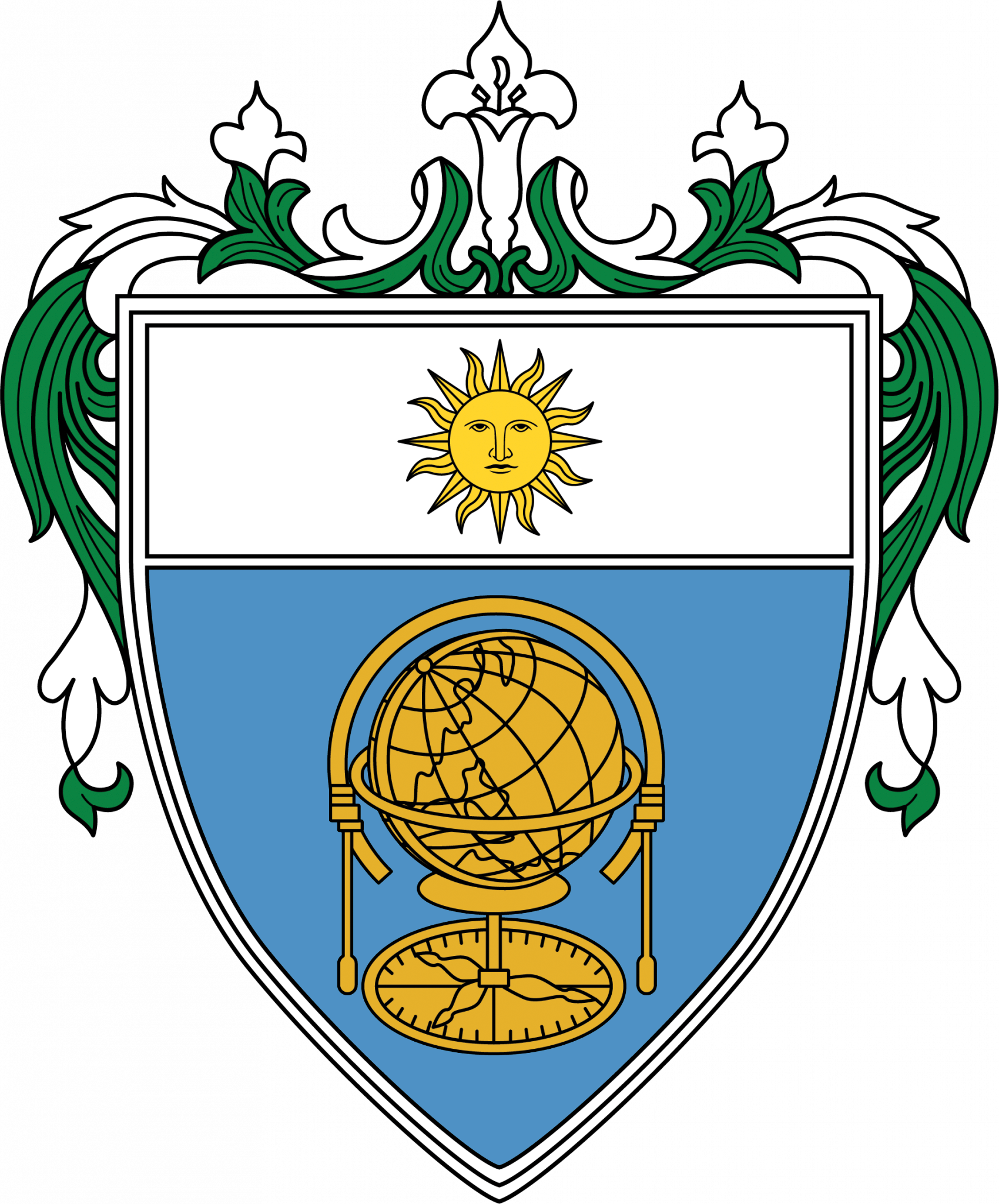
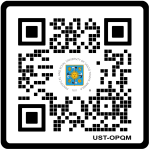
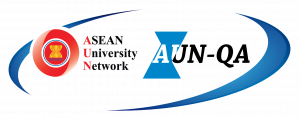
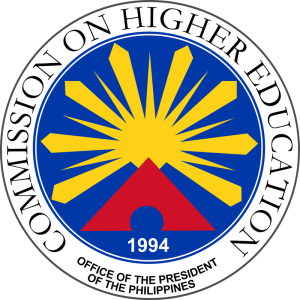
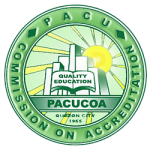 Level IV Accreditation (
Level IV Accreditation (